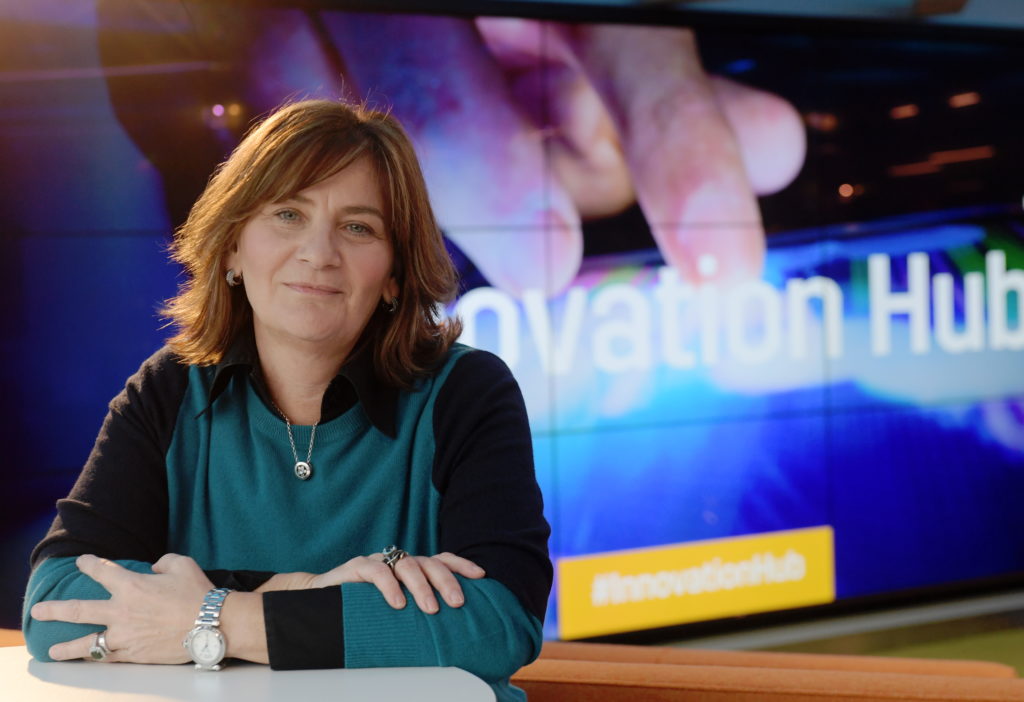
An oil and gas industry leader has said there is a “disappointing” lack of progress being made on gender diversity.
Colette Cohen, chief executive of the Oil and Gas Technology Centre (OGTC), said the sector is still challenged on the issue, falling well behind other industries on female representation.
It comes after Ms Cohen attended International Petroleum Week in London last week, a major industry conference, which saw a panel discussion chaired entirely by men on the need for gender diversity.
She said: “I think that was incredibly telling that we are still in an era where a whole panel of industry leaders can be completely without women.
“We’re disappointingly not far enough along. We’re not getting women into apprenticeships, we’re not getting them into the executive team level.
“I started off as an engineer and I went through my career not promoting women in the industry, thinking it would naturally happen.
“We need to be more proactive. We need to determine why we are not getting enough people in this environment.”
According to latest figures published in 2014, the overall oil and gas workforce is made up 23% by women, well below the national average for UK industries at 47%.
At boardroom level that figure drops further, and it’s even lower for the offshore workforce which is three percent female.
ALSO READ: New network to promote diversity in North Sea workforce
Figures published last year by the POWERful Women action group showed just 13% of board seats in the country’s top 80 energy companies are occupied by women.
Ms Cohen’s comments come as the industry today celebrates International Women’s Day.
She added that there is an issue of “unconscious bias” towards male ways of working within the industry and there are no easy answers for attracting more women.
“We need to do something within that space,” she said.
“There is a huge incentive for getting more women through but I don’t think there is an easy answer.
“It’s not about needing flexible working and people not being interested in coming back in after having children.”
Ms Cohen added that there are companies setting good examples but more must be done in terms of changing the way the sector is perceived on the outside, as industrial and male-driven, to promoting it as an international, positive environment.
She added: “The perception challenge is with people on the outside rather than those within the industry.
“It is a very enabling environment, it’s a very positive environment for women. It’s open, it’s international.
“We are challenged to get the next generation of the workforce, full stop. Girls and boys. We need to present our industry as being a good place to work. ”

